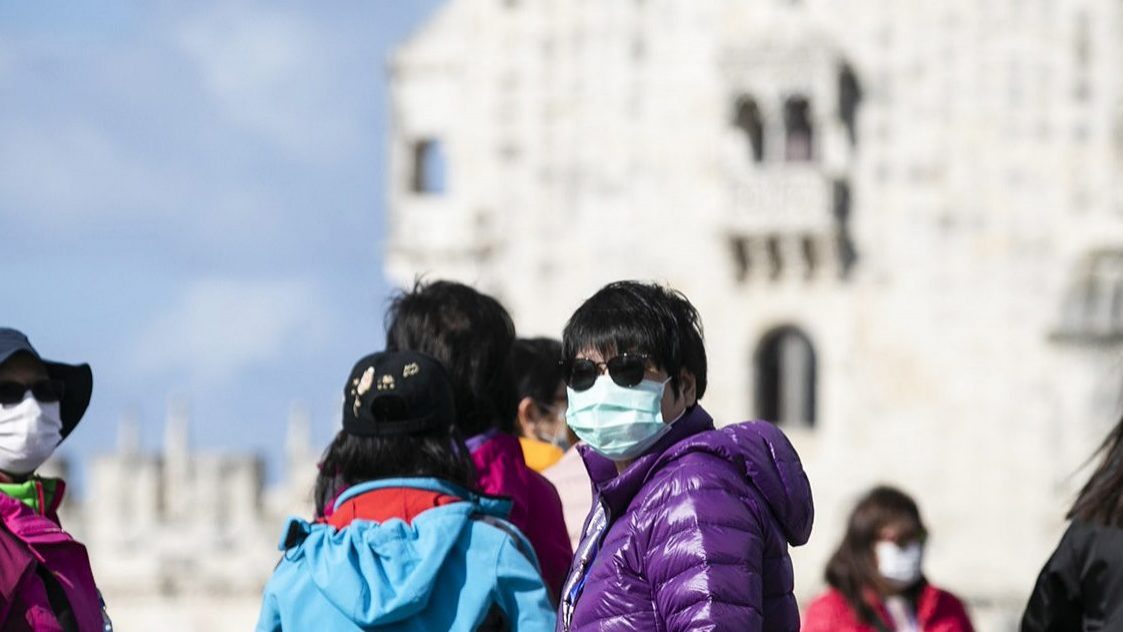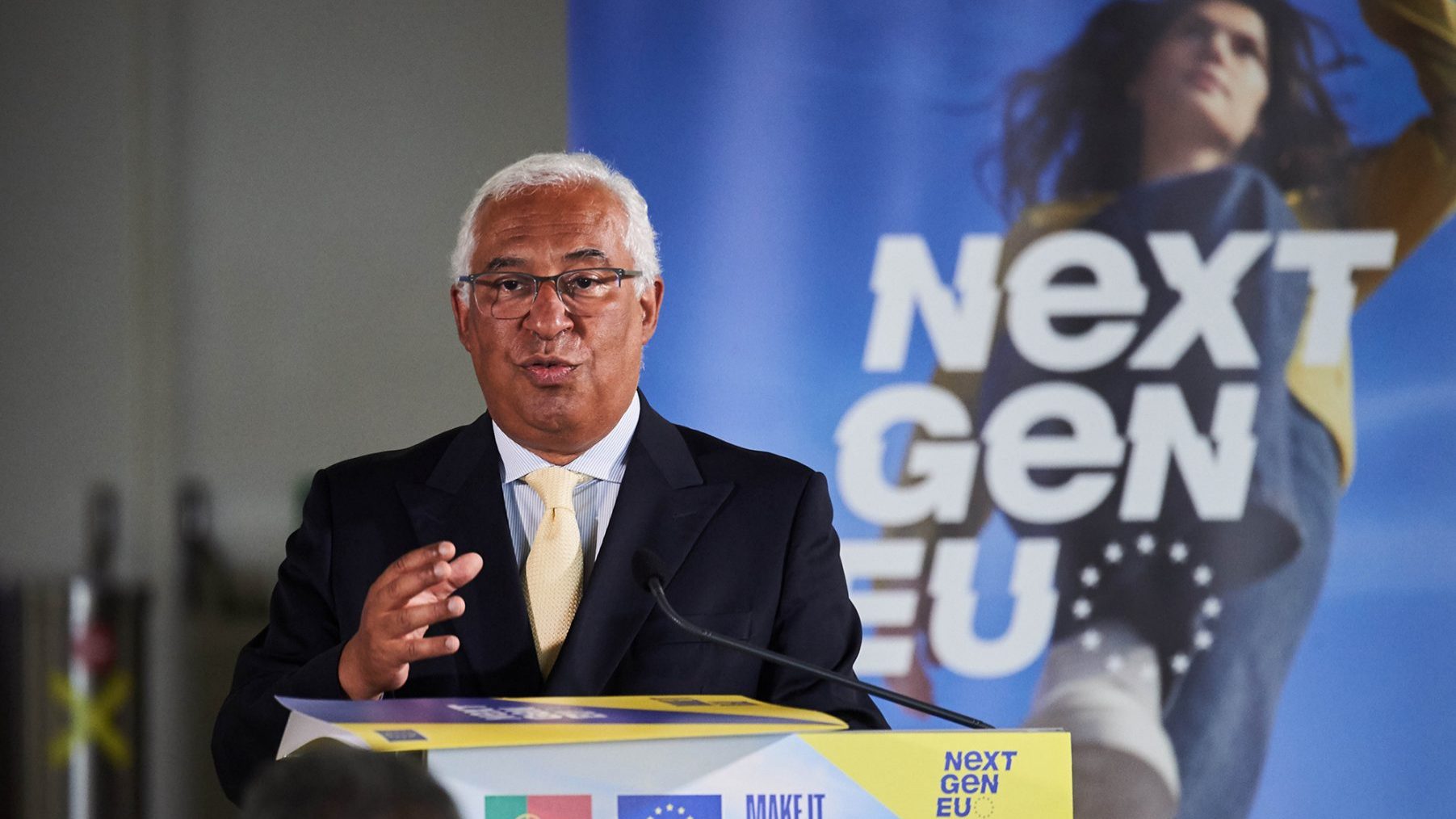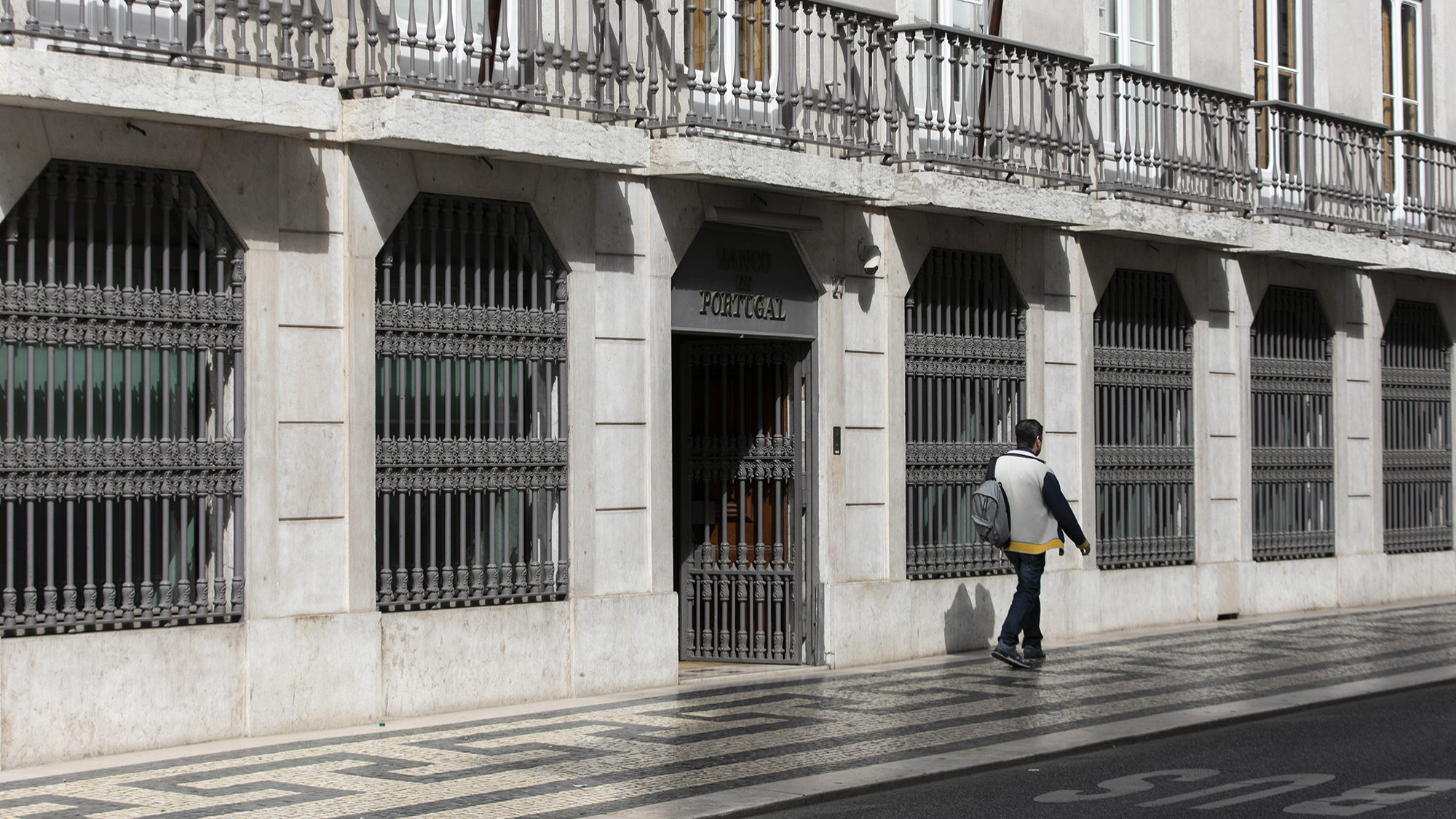UK, Germany quarantine rules ‘aborted’ tourism recovery
"The recovery of tourism in Portugal has aborted," said the president of the Hotel Association of Portugal (AHP), Raul Martins, this Wednesday.
The president of the Hotel Association of Portugal (AHP), Raul Martins, said on Wednesday that the prospect of a recovery of the tourism sector this summer had been “aborted” due to the constraints on travel to and from the country imposed by the UK and Germany.
“The recovery of tourism in Portugal has aborted,” Martins told journalists at the presentation of an AHP survey of its members on the outlook for the summer season. “The situation is that the expectation we had was that the recovery would start this summer and we had indications that led us to think so. With these constraints in Britain and Germany, there will be no recovery this year and this year will be a negative year, or, at best, with zero results.”
Portugal’s was earlier this month moved from the UK’s travel green list to the amber list and is on Germany’s list of ‘virus-variant areas’ – in both cases meaning that holidaymakers must quarantine on their return home. Meanwhile, Portugal has also put the UK on its list of countries travellers from which are subject to quarantine on arrival, unless they have been fully vaccinated.
The AHP survey shows that around 60% of respondents, spread throughout the country, expected to have a “better” or “much better” occupancy rate this summer than last. However, responses were closed on 21 June, before Germany – one of Portugal’s most important markets – announced its decision, and before Portugal itself imposed quarantine on travellers from the UK.
Although there now seems no prospect of the recovery starting this summer, the executive vice-president of AHP, Cristina Siza Vieira, said that the season will at least be no worse than that of 2020, due to relatively strong domestic demand.
Asked whether additional government support was needed, Martins said that it was more important to increase the availability of funding under the existing Reativar o Turismo recovery plan for the sector and define the rules for its use.
“What actually saved tourism was, on the one hand, the [credit] moratoria and, on the other, support for the payment of salaries,” he said, referring to the government’s furlough scheme, under which the state pays most of the salaries of employees who are temporarily laid off due to a lack of business during the pandemic. “What we want is that, within the Rectivar o Turismo plan, the funds available for recapitalisation, or to have guarantees for deferring the payment of loans [taken out] before Covid-19, [should be] increased, in order to correspond to the real needs of the sector.”
According to the AHP survey, which was conducted between 07 and 21 June and in which valid responses were obtained from 610 hotels throughout the country, there was a “clear intention to open” these units between June and October, explained Siza Vieira.
In June last year, 52% of units were closed, while this year that figure was just 17% in June.
The national average occupancy rate was 48% in the first two weeks of June, with the lowest rate in Lisbon and the highest in the Alentejo.
The average price per room was €93.50, with Lisbon again below average, at €79.51; the average length of stay also remained low, at between one and three nights for 76% of respondents.
Finally, the survey found that the UK is no longer in the top three markets in terms of the origin of tourists, as it has been in most previous years. Currently, Portugal itself, Spain and France occupy the first three places.


